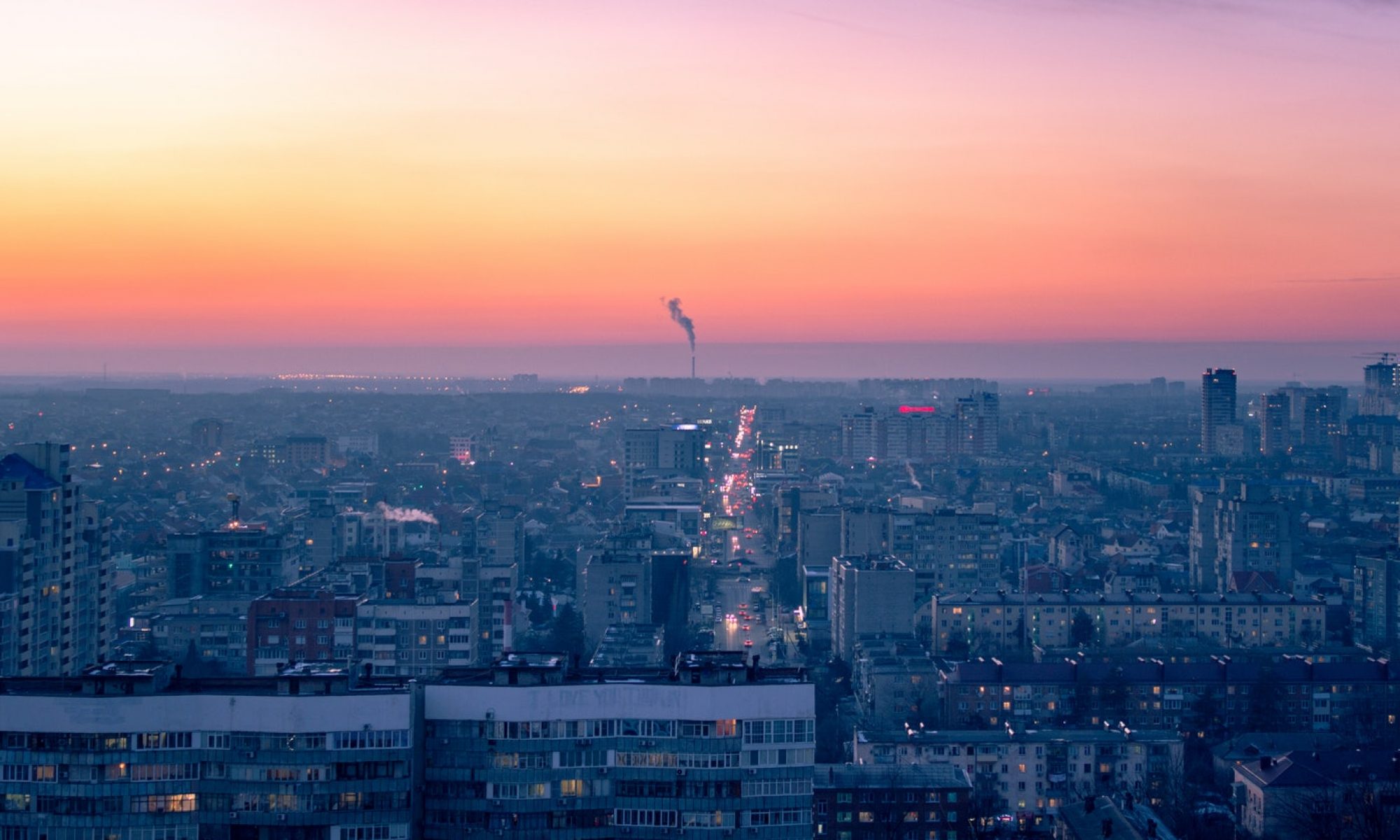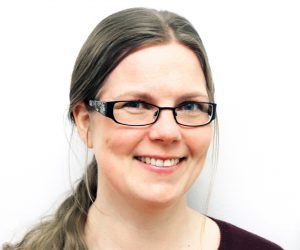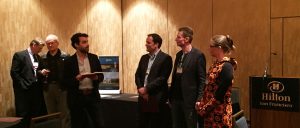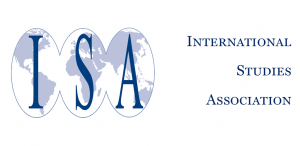Professor Veli-Pekka Tynkkynen published a new article “Climate Denial Revisited (Re)contextualising Russian Public Discourse on Climate Change during Putin 2.0” in Europe-Asia Studies, that he co-wrote with Nina Tynkkynen.
In this article we examine Russia’s recent public discourse on climate change, with a special focus on the arguments denying anthropogenic climate change. We scrutinise the ways in which denial arguments presented in the media are tied to the changing Russian political and economic context, especially the increasingly authoritarian turn in governance during President Vladimir Putin’s third term in office (Putin 2.0). We conclude that the Russian discourse on climate change emphasises Russia’s Great Power status, identifying its sovereignty and fossil energy as the basis of this status. This discourse refers to key categories, including Russia’s national identity and the spatial–material characteristics of the Russian state.








